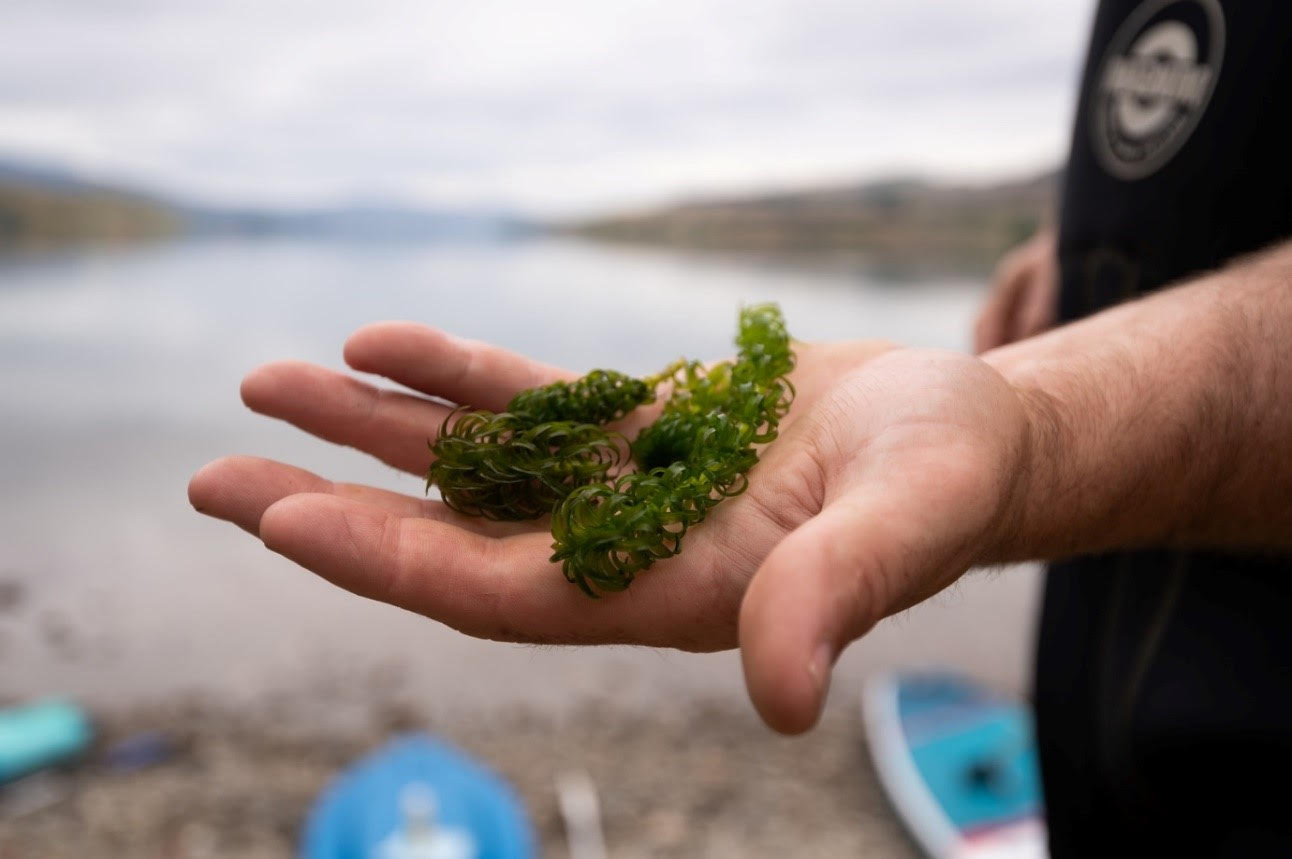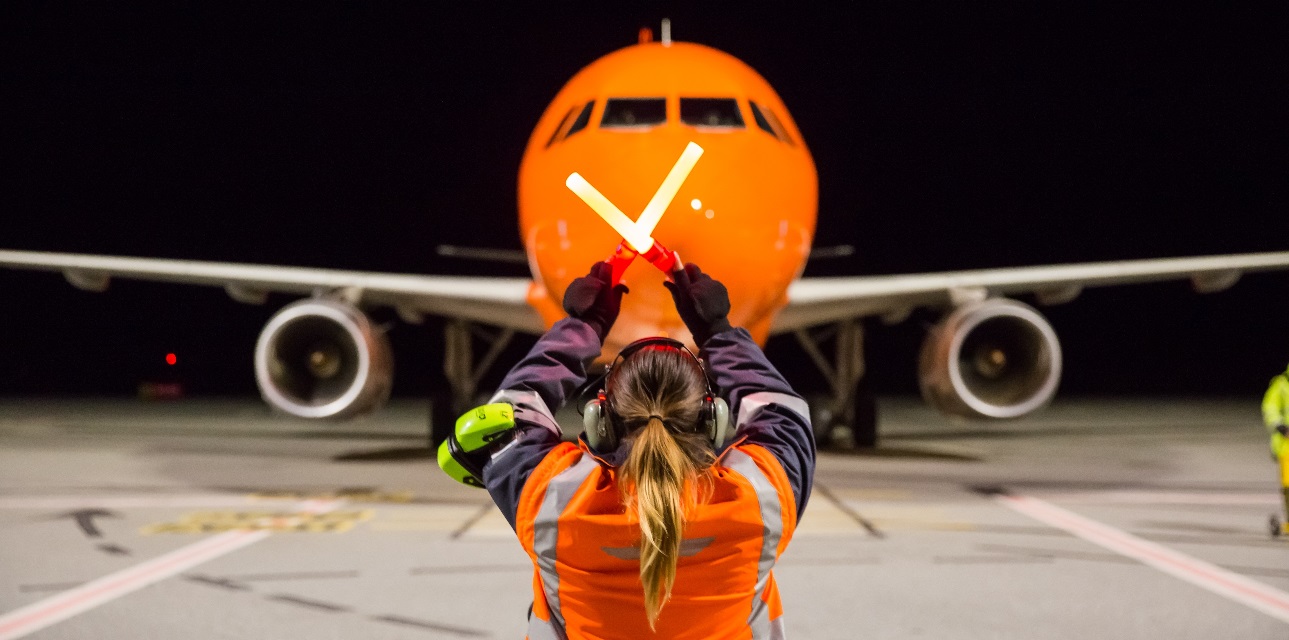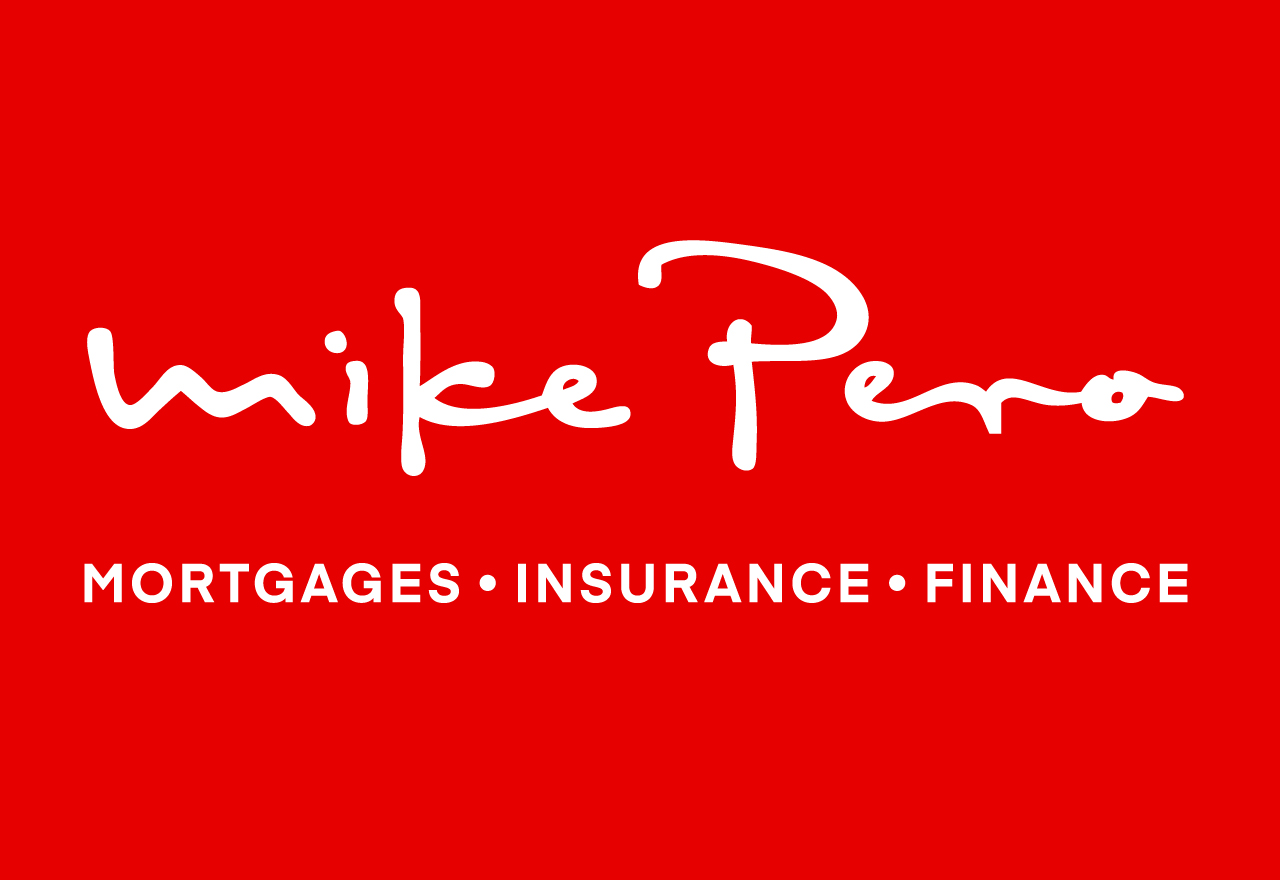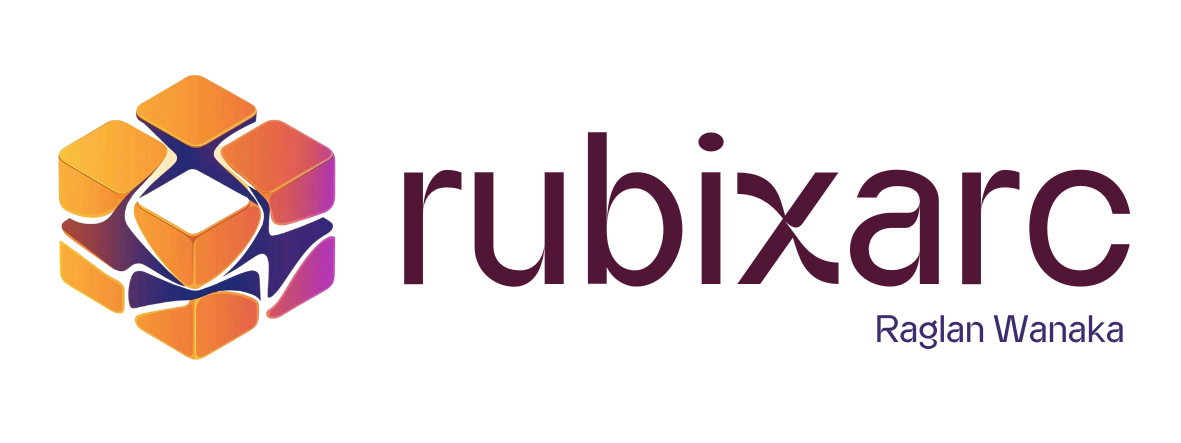MAC students grill mayoral candidates
Sue Wards
09 September 2025, 5:06 PM
 Local senior students have asked some hard-hitting questions of mayoral candidates.
Local senior students have asked some hard-hitting questions of mayoral candidates.Sustainable tourism growth, affordable housing, and public/private partnerships in health - these are all topics on the minds of local students, who have prepared a list of questions for the Wānaka App to put to the six people vying to become mayor of this district.
A group of Te Kura o Tititea Mount Aspiring College (MAC) senior students read the regional deal proposal from Otago Central Lakes (a group comprised of Queenstown Lakes District Council, Otago Regional Council, and Central Otago District Council) and came up with eight questions for the six candidates.
We put the questions to Glyn Lewers, Darren Rewi, John Glover, Nik Kiddle, Al Angus, and Daniel Shand.
How will you make sure tourism growth in Wānaka benefits locals and remains environmentally and socially sustainable?
Glyn Lewers: “It is not just tourism growth that we have to plan for. In 2025 the Wānaka Upper Clutha ward has approximately 19,000 residents with an average day visitor number at approximately 6,400. By 2035 we are predicting Wānaka to have 26,000 residents with 8,400 visitors on an average day. To support both we need to invest in the infrastructure that maintains our environment and social license. Working towards a visitor levy through the regional deal negotiations allows for an opportunity to alleviate some of the rate burden to achieve the required infrastructure investment.”
Darren Rewi: “That's a question for the people of Wānaka. The mayor and the council needs to understand what the community wants and help them achieve that outcome.”
John Glover: “In 2023 I led a study into exactly this - I interviewed MAC students as well as holding public workshops. The report is available here. The report fed into work that QLDC commissioned to describe what ’optimal visitation’ means for the district and as mayor I will support the actions and initiatives that balance the benefits and impacts from tourism.”
Nik Kiddle: “I will consult and listen carefully to the elected representatives of Wānaka – both community board and councillors. Together we will work to deliver the Wānaka community’s objectives in these areas.”
Al Angus: “Tapping into the Ideas and intelligence of the locals is the only way to even begin to address this problem. That means a complete rethink of the council culture and the sackings of several high ranking staff.”
Do you support creating a Special Economic Zone in this region, and how would you make sure its benefits reach everyday residents rather than just investors?
Glyn Lewers: “Yes I do, the Special Economic Zone is an idea that has been floated for the last decade. It looks at bespoke visa settings for technology providers, accelerated depreciation of technology assets, enhancing film approvals, as well as pitching our district as the shop front to NZ. So if you are looking to develop a career outside of tourism and construction the regional deal allows for an accelerated pathway to diversify the economy.”
Darren Rewi: “Under the current government in a Special Economic Zone, they want the ability to relax or take away some rules. This may help business but may not be good for the environment.”
John Glover: “I would, provided it was targeted at incentivising sectors that are highly productive, have minimal environmental impact and will provide quality employment and career opportunities. I’d require some form of housing provision to be part of the ‘approval’ process.”
Nik Kiddle: “The potential of Special Economic Zones is mentioned only at headline level in documents I have access to. The focus appears to be around the energy and tech sectors. So, in principle these conceptual ideas appear to be worth consideration as a discussion topic going forward. However, before taking any position it will be necessary to define more detail. And I would aim for clear community engagement in the development of any detailed proposals associated with a Special Economic Zone.”
Al Angus: “No, businesses should stand or fall on their own merits; creating sweet deals for entities has already resulted in a lot of ignoring of rules the rest of us have to comply with. Height planes etc. Also I think it would result in a proliferation of businesses flocking to the district, not entirely a good thing as we've witnessed before.”
What is your priority for improving transport in Wānaka? Should investment focus on public transport or roads and private vehicles?
Glyn Lewers: “Wānaka faces a challenge that State Highway 84 between the Mount Iron Roundabout to the corner of Brownston and Ardmore Street roundabout will have a significant deterioration in the level of service it provides currently. This is to occur quite rapidly over the next 10 years. Public and active travel will need to be invested in as well as NZTA coming up with a funding programme to upgrade the road to meet the growth coming. We also need to look at other planning methods as well, including having residential areas near places of work and education whereby the need to travel in a car is not required as much.”
Darren Rewi: “The focus should be on public transport and roads, such as increasing school bus options. An underpass on Anderson Road. Moving the traffic lights away from the roundabout to make it safer for students to cross.”
John Glover: “Neither of the main players here are controlled by council. So we have to work alongside, lobby and influence the Otago Regional Council to provide public transport services and NZTA to address known issues such as the Albert Town and Luggate bridges.”
Nik Kiddle: “Action on both is needed. On public transport, I am dismayed that the ORC dropped the ball on a business case study for Wānaka bus services. A business case study seemed only a modest first step and it defies belief that the ORC cannot fund it out of the massive rates increases the ORC has rolled out. I want to see the ORC complete necessary work to clarify the feasibility and options around a public bus service. On private vehicle movement, my transport policy includes lobbying of the NZTA to put a date on planning for an upgraded Albert Town bridge.”
Al Angus: “Focus on roads and parking for a start then approach [Otago Regional Council] for their ideas on public transport.”
Would you support making our region a pilot site for renewable energy projects like solar and battery power, and how would you make sure that these remain affordable for all households?
Glyn Lewers: “Yes, this council has already made the first steps in this area. Council approved $250,000 into seed funding for a nationwide Ratepayers Assistance Scheme (RAS) that allows for the community members to purchase solar and battery systems for their household through local government. Either through a loan at the reduced interest rates that the local government enjoys and/or a reduced price due to our market purchasing power. This removes the capital barriers that are currently in place now.”
Darren Rewi: “Yes, I support Electrify Wānaka and have been involved with Rewiring Aotearoa. I have an electric vehicle and support a Resident Assistant Scheme that provides no interest loans so people can afford to move to solar.”
John Glover: “Yes. There are a number of schemes that will provide long term loans for this and they will be cheaper than continually paying higher prices for power. Additionally, localised generation is way cheaper than the cost of providing new grid supplies via power lines.”
Nik Kiddle: “Yes, I support nascent proposals for a ratepayer assisted scheme to facilitate the uptake of solar power, at affordable rates.”
Al Angus: “I do support solar and other forms of self sufficiency; council can make the resource process swifter by waiving fees etc. I am not a supporter of vast tracts of land being covered in solar panels, more individual systems. I am completely grid free, and while it can be a bit challenging in cloudy periods it is a great way to learn action and consequence.”
Do you think partnering with private health providers is the best way to expand local health services, and how would you protect equal access for all residents?
Glyn Lewers: “My view is partnering with private infrastructure providers and still having public services operate within private built infrastructure is the best way to accelerate health provision into the district. The ten year national health plan has nothing set aside for our district. New ways of delivering the infrastructure is needed.”
Darren Rewi: “Private health providers will not increase the amount of ambulances that Wānaka has or does not have. It won’t make it cheaper to access health. Locals will probably be at the back of the line when accessing health care at a private hospital. It will be user pays.”
John Glover: “Council does not provide health services in the district, nor is it responsible for dictating what is accessible where and by whom. If Health New Zealand decided there were needs for new public health services in our area, council could allow some of its land or buildings to be utilised as part of that.”
Nik Kiddle: “For now, PPP utilising public money to secure health care for people in the district is the only option to lower risks and costs around transferring people out of the district for health care. It would be ideal if government agreed to build a base hospital somewhere in the district, but it does not look forthcoming, despite the best efforts of many. So for now, PPP drawing on public funding can deliver services for everyone and achieve economies of scale for health care operators.”
Al Angus: “No, Wānaka must have a public hospital with all the provisions for a thriving and sports orientated community, from heliport, maternity care to surgery. The only way to achieve this ‘as of right’ crucial infrastructure is to go old school and send a powerful advocating group to Wellington and involve local council and residents with pledges and volunteer work.”
Do you support introducing a Local Visitor Levy so visitors contribute directly to the cost of infrastructure and housing, and if so, how should it be implemented in our region fairly?
Glyn Lewers: “I do support introducing a visitor levy for the district. The distribution of the levy will be determined by negotiations through the regional deal process.”
Darren Rewi: “The visitor levy should be collected through a bed tax or through a rental car tax. Distribution should be based on population because trying to apportion it out on where the visitor went is unfair.”
John Glover: “Yes. However I am not a fan of charging a percentage of the room or bed price though as a person at a camp ground is using the same amount of our water, roads, rubbish collection and car parks as someone in a $5,000 a night luxury lodge. I would prefer a fixed per person per night fee.”
Nik Kiddle: “Yes, as plan B. Plan A is to embrace the government’s statement on page 21 of its Regional Deals Strategic Framework which says that rebates on GST are an option. Our district pays central government over $400m annually out of the GST on tourism expenditure alone. Our council must not only negotiate a rebate on that GST but also a slice of the International Visitor Levy paid by tourists at the border. It was promised for tourism infrastructure and the conservation estate.
Both these huge sums of money are already on the table and require solid community support to bring back here. Accessing these monies requires no law change and can be done fairly quickly if we focus our efforts squarely on those objectives. A local visitor levy should be pursued if the government cannot make good its offers on GST and the International Visitor Levy. But standing government policy is “no new taxes”. And it typically takes years of policy work, legal drafting and debating to get new law through parliament.”
Al Angus: “No, better use of ratepayers funds and assets needs to be addressed first. There is little point pouring more funds into this fiscally inept council.”
What specific actions would you take to ensure young people and local workers can access affordable housing in Wānaka?
Glyn Lewers: “Council is currently doing some research into the effect of short term rentals as well as vacant homes across the district. This has come about from the commissioner recommendation to withdraw the inclusionary housing plan change. Which was a disappointment as this allowed for a stable stream of affordable housing through the Queenstown Lakes Community Housing Trust (QLCHT). We have also partnered up with the QLCHT by transferring land in Wānaka over to them so they can provide more affordable housing stock. We have also made affordable housing part of our regional deal work.”
Darren Rewi: “Mixed housing models. If developers are providing low cost or social housing that can get a developer contribution rebate, an incentive to provide social or low-cost housing.”
John Glover: “Support planning restrictions or covenants that prevent new homes from being used for visitor accommodation or adopt rates and development contribution policies that charge a lot more for whole houses that are rented on a short term basis. Working with developers to encourage more mixed types of homes to be built. Not everyone needs or can afford a 500sqm plus section with a 200sqm house on it. Partner with institutions that will build good quality long term rental properties.”
Nik Kiddle: “I am proposing a cap on short term visitor accommodation to dampen rising house prices, guard against overtourism, improve neighbourhoods and make dwellings accessible to people who want to live here.”
Al Angus: “Nothing has worked so far so I would say short of groups of housing hopefuls banding together to buy some decent size blocks of land to build on it's going to be an uphill slog. But, I'll be open to ideas.”
Should short-term rental providers like AirBnBs be required to share data and contribute to local housing solutions, given they have a large impact on the rental market?
Glyn Lewers: “The question posed assumes short term rentals have a large impact on the rental market. Last year Infometrics released a report suggesting otherwise. It can be found here: Infometrics report. At the time I did not agree with the report, however our own work and research has given some preliminary indications that there is some validity to the report.
My view is that we need to make sure what the impact is and what can be effectively done to mitigate it. The main softening of the short term rental market has come about by a change in GST settings by the government. My view is that the healthy homes standard needs to be applied across both short term and long term rentals. If you are interested in a breakdown of housing typologies and uses in the district please go to this QLDC link Population and Demand - QLDC scroll down to the interactive chart.”
Darren Rewi: “It’s not correct that short-term accommodation impacts on the rental market. Because our main industry is tourism and it’s a low margin and labour intensive the staff needed drives rental shortage. Increased housing stock will be more impactful. The industry that services AirBnB includes many cleaning companies with lots of staff, property Management companies and others. Restricting the market would put these people out of business or a job.”
John Glover: “Council has yet to be able to prove the cause and effect here. However, requiring all rental platforms to provide QLDC with listing data and to require property owners to upload proof that they are legally allowed to rent the property on a short term basis would be smart first steps and in line with what happens in many countries and cities around the world.”
Nik Kiddle: “Yes.”
Al Angus: “I doubt there is much council can do to force outfits to hand over data or make them take tenants that often, unfortunately, have little interest in looking after property well.”
Daniel Shand did not respond to the list of questions.
PHOTO: Supplied







